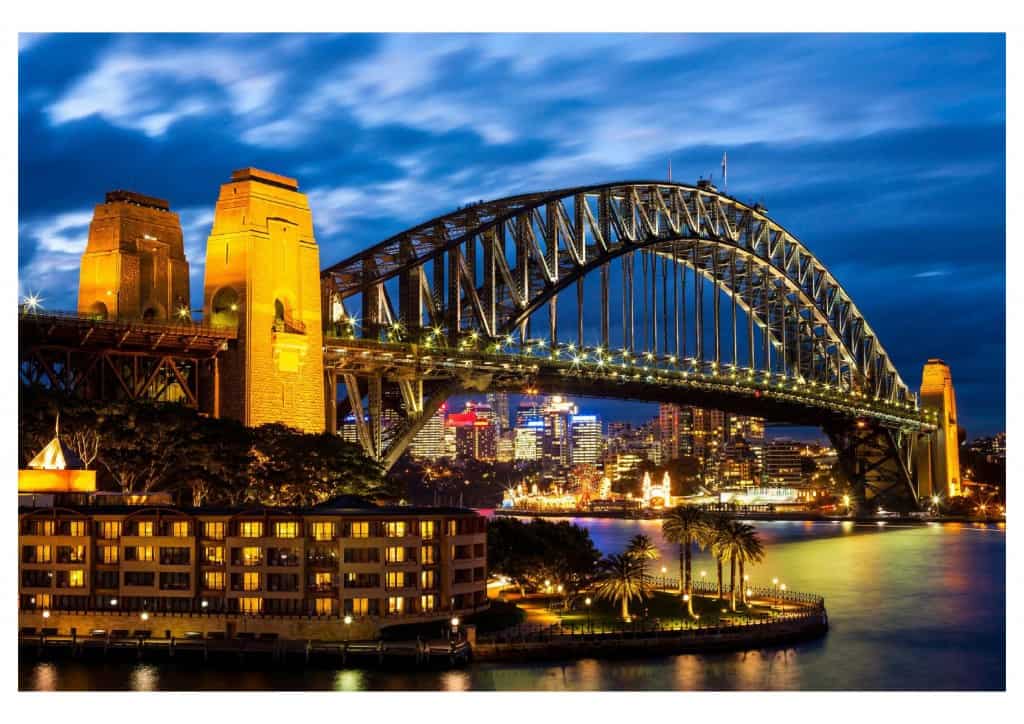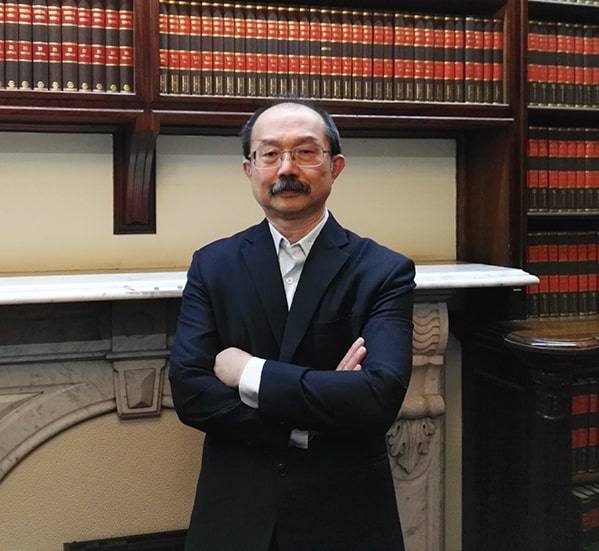
The purpose of a bridging visa (or BV) is to provide lawful status in Australia to a person whose visa has expired, or visa cancelled. If your visa has expired, or cancelled, you should contact an immigration lawyer or registered migration agent to help you apply for a bridging visa (click here to learn more about visas that you may be able to apply).
If you are in Australia and you lodged a valid visa application, you will usually be granted a bridging visa. Or if your visa has expired or cancelled and you wish to return to your home country, you may also apply for a bridging visa to allow you to depart Australia legally.
While you are holding a bridging visa, you may apply for a limited number of substantive visas.
A substantive visa is any visas other than a bridging visa or criminal justice visa or enforcement visa.
You may apply for a Protection Class XA Subclass 866 visa or a Partner Class UK Subclass 820 visa or Medical Treatment Class UB Subclass 602 visa.
If your bridging visa is a BVA or BVB or BVC, you may apply for General Skilled visas (Subclass 189 or 190) or a Business Innovation and Investment Class EB Subclass 188 visa or Employer Nomination Class EN Subclass 186 visa or Temporary Skilled Shortage Class GK Subclass 482 visa.
If your last substantive visa was a Student Class TU Subclass 500 visa that has expired less than 28 days earlier, you may apply for a Student Class TU Subclass 500 visa.
If you have been living in Australia without a valid visa, you should contact the Department of Immigration (Department of Home Affairs) to regularise your immigration status to avoid being detained and deported. You could apply for a Bridging Visa E (BVE) to allow you to leave Australia legally. Click here to learn more.
If you have appeal to the Court to review either the Department of Immigration decision to refuse your visa application or cancel your visa, or the AAT (Administrative Appeals Tribunal) decision, you should apply for a Bridging visa (a BVE) to allow you to stay until a decision has been made.
If your visa has expired or cancelled, you should contact a registered migration agent or an immigration lawyer to help you apply for a substantive visa or a bridging visa to allow you to remain in Australia lawfully. Otherwise you may be detained and subsequently deported back to your home country.
Which Bridging Visa can be applied?
You can apply for a bridging visa and generally you can apply for:
- Bridging Visa B if you hold a Bridging Visa A and would like to travel out of Australia; or
- Bridging Visa D (subclass 040) if your substantive visa has expired or your substantive visa will cease within the next 3 working days and you have attempted to make an application for a substantive visa but is unable to do so, but you will make within 5 working days another application for a substantive visa (BVD is usually valid for 5 working days to allow you to make a valid application for a substantive visa); or
- Bridging Visa D (subclass 041) if you are an eligible non-citizen; or
- Bridging Visa E (subclass 050 or subclass 051) if your last substantive visa was cancelled or ceased and you wish to leave the country; or
- Bridging Visa F if you have been identified as a suspected victim of human trafficking, slavery or slavery-like practices; or
- Bridging (Removal Pending) Subclass 070 if you are an eligible non-citizen and you are detained in immigration detention (application is made via Ministerial Intervention request).
You cannot apply for a Bridging Visa A or Bridging Visa C unless you made a valid application for a substantive visa. Both Bridging Visas are granted to you only if you make a valid application for a substantive visa. You will be granted a Bridging Visa A if at the time of making the visa application you hold a current substantive visa. You will be granted a Bridging Visa C if at the time of making the visa application your last substantive visa has ceased, that is, you are an unlawful non-citizen.
You may also request the Minister to intervene and grant you a visa (click here to learn more).
Australian migration law is complex and difficult to understand, contact our immigration lawyer for a consultation (fee applies) to help you decide if you are eligible to apply for a bridging visa (click here to find out how an immigration lawyer or registered migration agent can help you). You may also refer to our FAQs for answers regarding visa application or visa cancellation by clicking here.


041 222 4020 or WeChat: AUDvisa
This article is not intended to be or taken as migration legal advice. The author of this article and disclaim any liability for any action or omission on the information provided or not provided in this article. You should always consult an immigration lawyer or a registered migration agent to form an informed opinion on your immigration matter.



